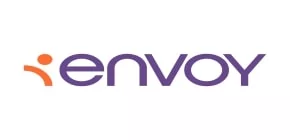U.S. Citizenship and Immigration Services (USCIS) has reached the limit for cap-subject H-2B petitions for returning workers in FY 2021. As a result, the agency will reject any cap-subject H-2B petitions received after August 13, 2021 for returning workers, along with any accompanying application fees.
Overview
USCIS announced that it has received enough petitions to reach the special allocation of 6000 petitions for returning workers. The additional cap was made available through the FY 2021 H-2B supplemental visa temporary final rule. USCIS began accepting H-2B petitions on July 23, 2021 for returning workers in accordance with the Biden-Harris administration's effort to expand legal protection for workers from Guatemala, Honduras, and El Salvador.
Looking Ahead
Although it has reached the limit for cap-subject petitions, USCIS will continue accepting petitions for workers who are exempt from the cap. That includes current H-2B employees in the U.S. who change their employer, extend their stay, or modify the terms and conditions of their employment, as well as workers who have performed or will perform labor or services in Guam or the Northern Mariana Islands from Nov. 28, 2009 through Dec. 31, 2029. USCIS is also accepting cap-subject petitions for the first half of FY 2022 for employment start dates between Oct. 1, 2021 and March 31, 2022.
Originally published 27, August 2021
The content of this article is intended to provide a general guide to the subject matter. Specialist advice should be sought about your specific circumstances.


